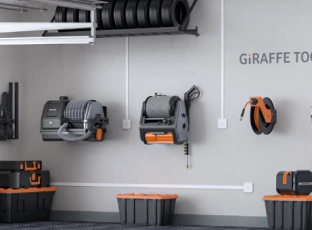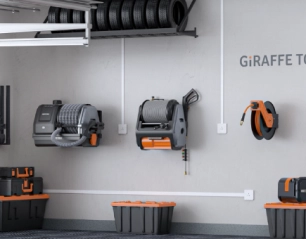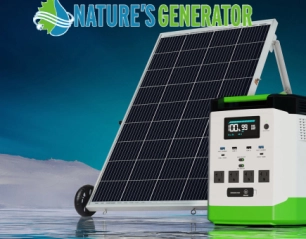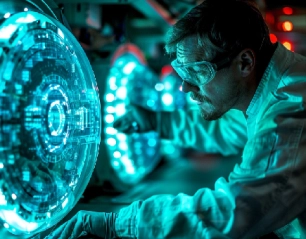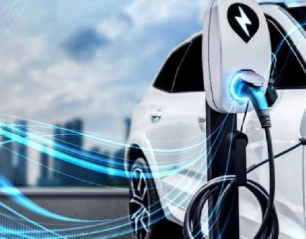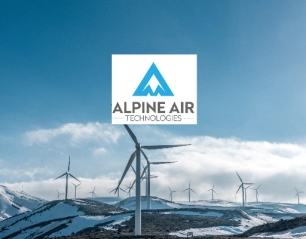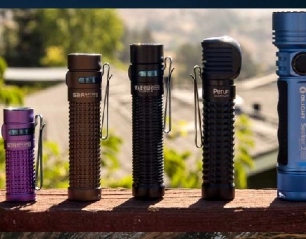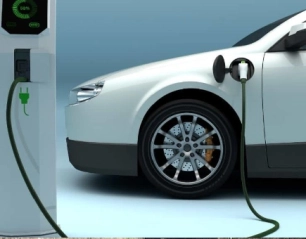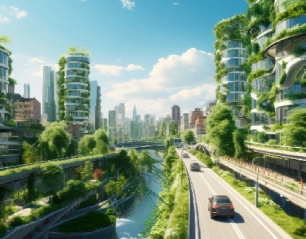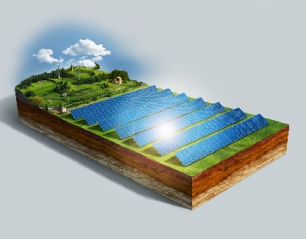The planet is facing even more serious climate issues, and a new generation of startups is emerging to address these challenges. In 2025, not only are climate tech startups innovating at an accelerated rate than they ever had, but they are also having an immensely important impact on reducing carbon emissions, restoring ecosystems, and redefining industries with sustainable practices. These startups are now becoming the mainstay of climate resilience with the backing of governments, venture capital, and an increasing consumer demand for accountability. So, who are those real, pioneering businesses in carbon capture, clean energy, agriculture, waste reduction, and climate data that are driving this sea change in the world? Let us look at them.
Direct Air Capture: Removing Carbon Emissions out of the Sky
Direct air capture (DAC) is one of the most ambitious attempts to mitigate climate change, and a Swiss startup, Climeworks, is taking the lead. In 2021 Climeworks inaugurated Orca, the world's first large-scale DAC plant in Iceland with a capacity of 4,000 tons of CO2 / year. By 2025, Climeworks had scaled up its operation with Mammoth, a significantly bigger plant that is meant to remove 36,000 tons of CO2 annually. The principle of operation of these plants is as follows: they extract CO2 from the ambient air and inject it into the depths of the earth where it is stored in basalt rock formations, actually ridding the atmosphere of greenhouse gases.
Climeworks already collaborates with large businesses, such as Microsoft and Shopify, and is supported by more than 650 million USD in investments. In 2025 the company launched new pilot programs in Europe to increase capture rates at decreased costs.
Clean Energy Storage: The Intermittency Problem Solution
Form Energy is a part of the global energy transition that will depend on affordable energy storage. This American startup is working on iron-air batteries with long durability of up to 100 hours of electricity storage at a small part of the price of lithium-ion. Their batteries require iron, air, and water to charge and release power, as opposed to using costly materials, and this makes them suitable to deliver long-duration energy.
Form Energy raised a Series F round of $405 million in 2025 and inaugurated its first full-scale manufacturing plant in Weirton, West Virginia. It was also articulating pilot deployments with utilities in Minnesota and Maine with the help of $147 million in funding from the U.S. Department of Energy (DOE).
Carbon-Smart Construction: Eco-Friendly Concrete
Cement manufacturing contributes about 8 percent of all global CO2 emissions, however, a Canadian startup company CarbonCure Technologies is aiming to change that. Their technology adds captured carbon dioxide to concrete as it is mixed, mineralizing the gas and making the concrete stronger-emitting less, and performing better.
As of 2025, CarbonCure was installed in more than 750 concrete plants across the globe and sequestered more than 300,000 metric tons of CO2 permanently. The company is still expanding its international presence around the world and has recently introduced a cloud-based emissions-tracking program to its construction partners.
Greener Agriculture: Sustainable Feeding of the Planet
Farming contributes almost a quarter of the total greenhouse gasses in the world and startups are reimagining the way we cultivate our food. Indigo Agriculture is a Boston-based company applying microbiology and data science to develop microbial seed coatings, which enhance crop resilience and decrease the utilization of synthetic fertilizers and pesticides.
Pivot Bio is another highlight, with its microbes which reside on crop roots and naturally generate nitrogen—synthetic fertilizers currently used release nitrous oxide, a powerful greenhouse gas. In 2025, farmers throughout the U.S. applied the microbes produced by Pivot Bio on over 5 million acres and reduced tens of thousands of tons of greenhouse gas emissions.
AeroFarms is one of the leaders of vertical farming that is reinventing farming in urban areas. Their indoor, aeroponic systems require 95 percent less water than conventional agriculture and do not need pesticides. Having recently opened facilities in the Middle East and Asia, AeroFarms is demonstrating that even in difficult climatic conditions, it is possible to organize scalable and local food production.
Climate Data & AI: Real-Time Observations of the Planet
Knowing about the threats of the climate is half of the battle. Pachama is a startup company based in San Francisco that plans to measurably monitor the global forest carbon stock with satellite imagery, LiDAR, and artificial intelligence, and validate carbon credits. In 2025, their mission expanded larger, and they teamed up with governments to assist in massive reforestation in Latin America and Southeast Asia.
Another real-time Earth monitoring startup, Planet Labs, put up a new fleet of high-resolution satellites this year, delivering daily images of all the landmasses on Earth. The images are used in climate modeling, disaster management, and agricultural surveillance in different parts of the world.
Jupiter Intelligence applies predictive models and AI to climate risk assessment in such categories of climate hazards as flooding, wildfires, and heatwaves. Banking institutions, insurance firms, and cities use Jupiter risk data to determine how to invest in infrastructural development and disaster preparedness.
Circular Economy: The Waste of Opportunity
The circular economy is no longer a choice in a world where only 9 out of 100 plastics are recycled. The Loop Industries, a Canadian-based company has come up with a patented technology, which breaks down PET plastic and polyester fiber into base monomers, allowing infinite recycling without quality loss. In 2025 Loop launched its first commercial-scale facility in collaboration with multinational corporations such as PepsiCo and Danone.
In 2025, AMP Robotics placed more than 350 systems in recycling facilities around the globe and is piloting new applications in e-waste and construction debris. Its smart robots discriminate and separate the materials very accurately to boost recycling rates and decrease contamination.
Funding the Climate Future
Without climate finance innovation, climate tech growth would not be achievable. Stripe Climate is a program of the payment platform Stripe, which enables companies and individuals to donate a percentage of income to approved carbon removal projects. In 2025, Stripe Climate invested over $100 million in startups developing permanent carbon removal technologies - such as Charm Industrial,
Heirloom, and Running Tide
Sylvera is a UK-based platform that helps businesses make sure that the carbon credits they buy are of high quality and really effective. Their artificial intelligence-powered verification models can give a real-time rating of an offset project, introducing additional transparency to the carbon market.
Chris Sacca Lower Carbon Capital, a venture fund, has become one of the Climate tech seed fund giants. The fund which operates with more than 1 billion dollars assists startups focused on carbon removal, food systems, industrial decarbonization, and others.
Scaling up and Addressing the Challenges
The climate tech startups, however, continue to encounter challenges despite their promise. Breakthrough technology breakers need a lot of capital, patient capital, as well as policy support to scale up. Regulatory barriers, the absence of infrastructure, and standardized carbon pricing are the roadblocks to mass deployment.
In 2025, however, government efforts such as the U.S. Inflation Reduction Act (IRA) and the EU Green Deal Industrial Plan have pumped billions of dollars into clean energy, battery storage, and industrial decarbonization. The startups are in a better place than ever to use these frameworks to pilot global impact.
Conclusion
The climate crisis is still a dire situation, but in 2025, startups are presenting hope in the form of actual, scalable solutions. Climate tech innovators are creating a cleaner, more sustainable world across industries, such as energy, agriculture, and construction. They are not only creating new tools, they are transforming whole industries, creating employment, and prosperity. Though there are still obstacles, investors, governments and consumers are giving it strong support which is speeding up the progress. Provided the current momentum, such startups are not only going to aid in combating climate change but will also shape the ways we will live in a more sustainable and resilient world.
Must read this: How mindbodygreen Helped Me Transform My Daily Wellness Routine
Frequently Asked Questions (FAQs)
They are working on new solutions to clean energy, carbon removal, sustainable food, and waste reduction.
Startup innovation is critical in key sectors which are energy, agriculture, construction, finance, and recycling.
Yes. Many of them have gone global, cut emissions, provided jobs, and lured huge investments in climate solutions.
Was this helpful?



